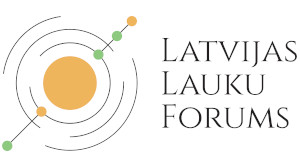About project
- Executer: NGO Latvian Alliance of Rare Diseases
- Project title: Health - our human rights
- Period: 2022-11-01 - 2024-04-30
- Regions of execution: Latvia
- Project budget: 104 561.41
- Project status: Closed
- Cooperation partners from donor countries:
- Project contact person: Ieva Plūme, phbbiedriba@gmail.com
The aim of the project is to increase society’s understanding that health is an important aspect of human rights, to ensure people with rare diseases with an equal accessibility to healthcare, to reduce the stigma on the target group, to increase general public and healthcare providers’ awareness of patient rights and needs of patients with rare diseases.
The basic rights of people with rare diseases refer to the social, economic, educational, health, and welfare areas. The representatives of the target group and their families experience discrimination in all these areas. In healthcare, it means that people with rare diseases have limited possibilities to receive necessary healthcare services. In the health industry, there are discrimination risks (health, disease severity, age, disability, social and economic state) that affect both patients and healthcare providers on everyday basis. The project promotes respect for human rights and inclusive, equal attitude towards a particularly vulnerable group of people (including people with disability, with expected disability and people who have not received the disabled status due to discriminating attitude).
The activities of the project: implementation of 2 informative campaigns in 2023 and 2024 about human rights and discrimination risks regarding health needs, emphasizing rare diseases; analytic research development and publishing; patient advocacy; experts’ discussion on human rights in Latvia in the context of rare diseases; lectures for general public and healthcare providers, educational material about patient rights.
As a result, during the informative campaigns, we will reach the audience of 100.000 people; we will will train 500 people and healthcare providers; we will ensure our target groups with a printed educational material (a digital copy available in Alliance’s website); the analytic research will be a useful long-term tool in patient advocacy to ensure respecting the rights of people with rare diseases.










